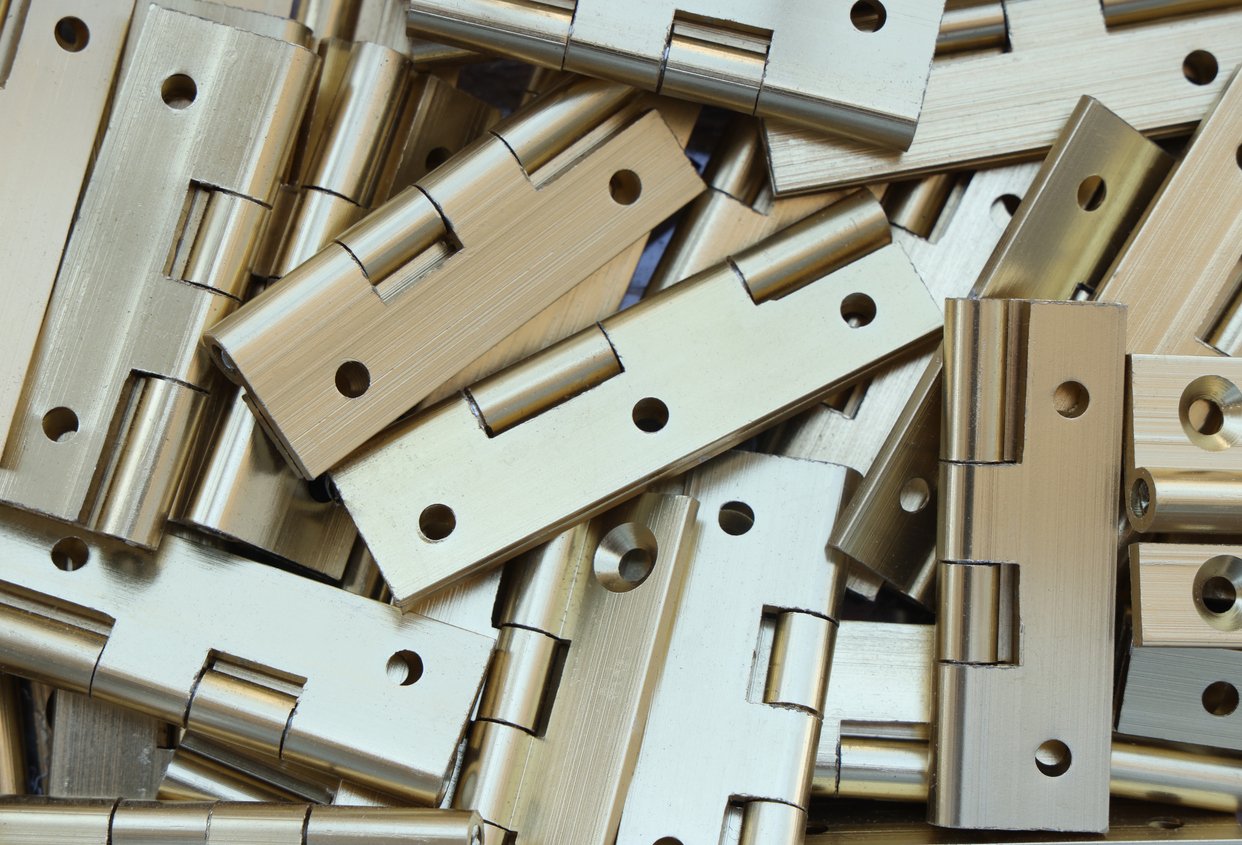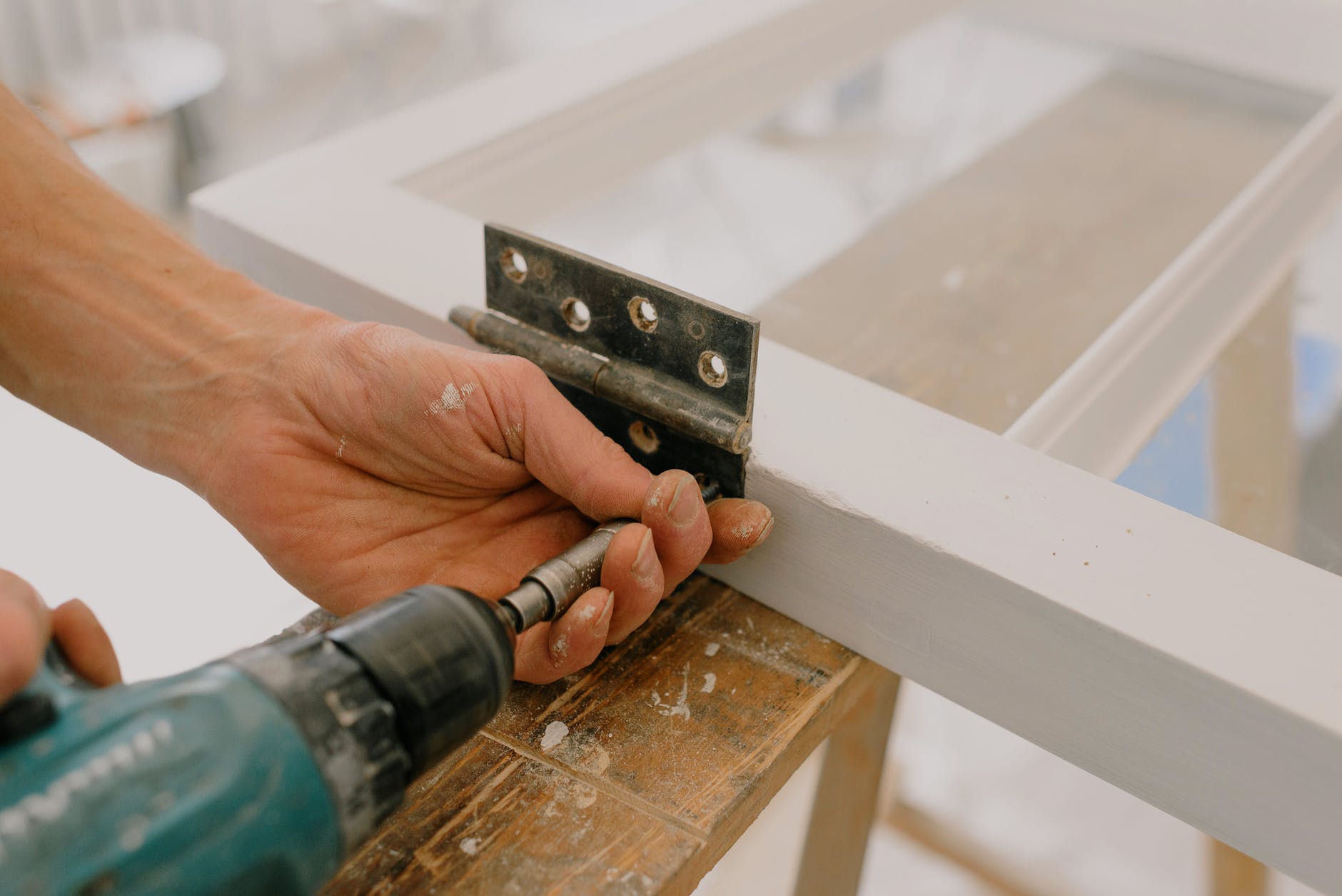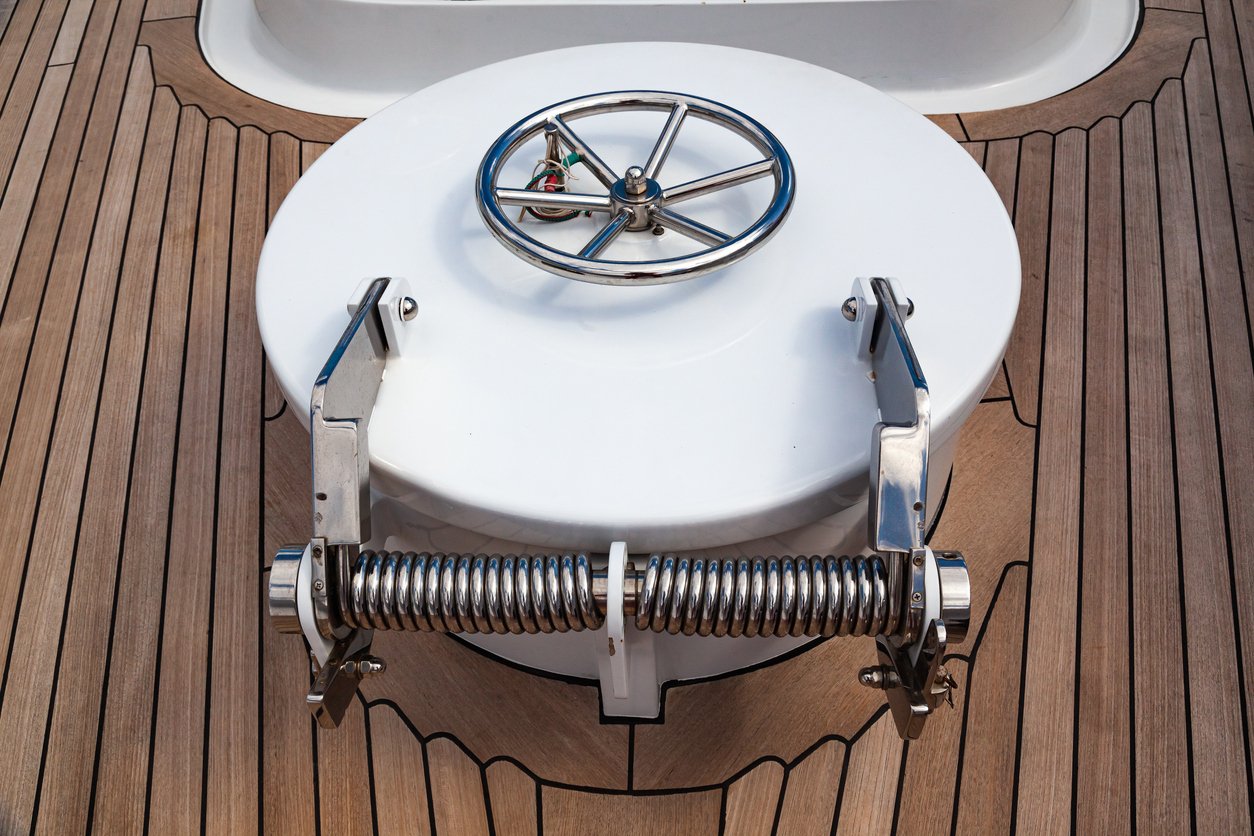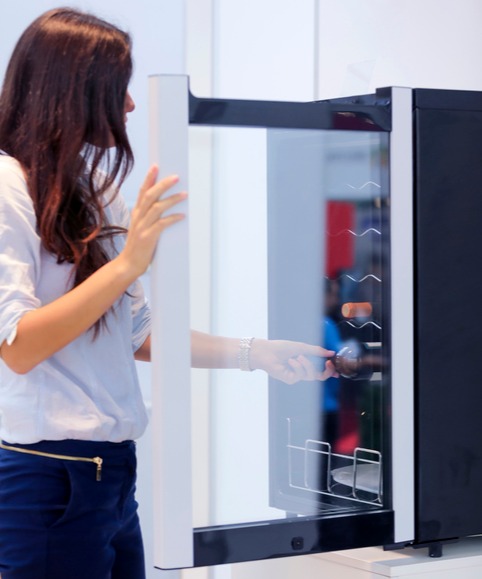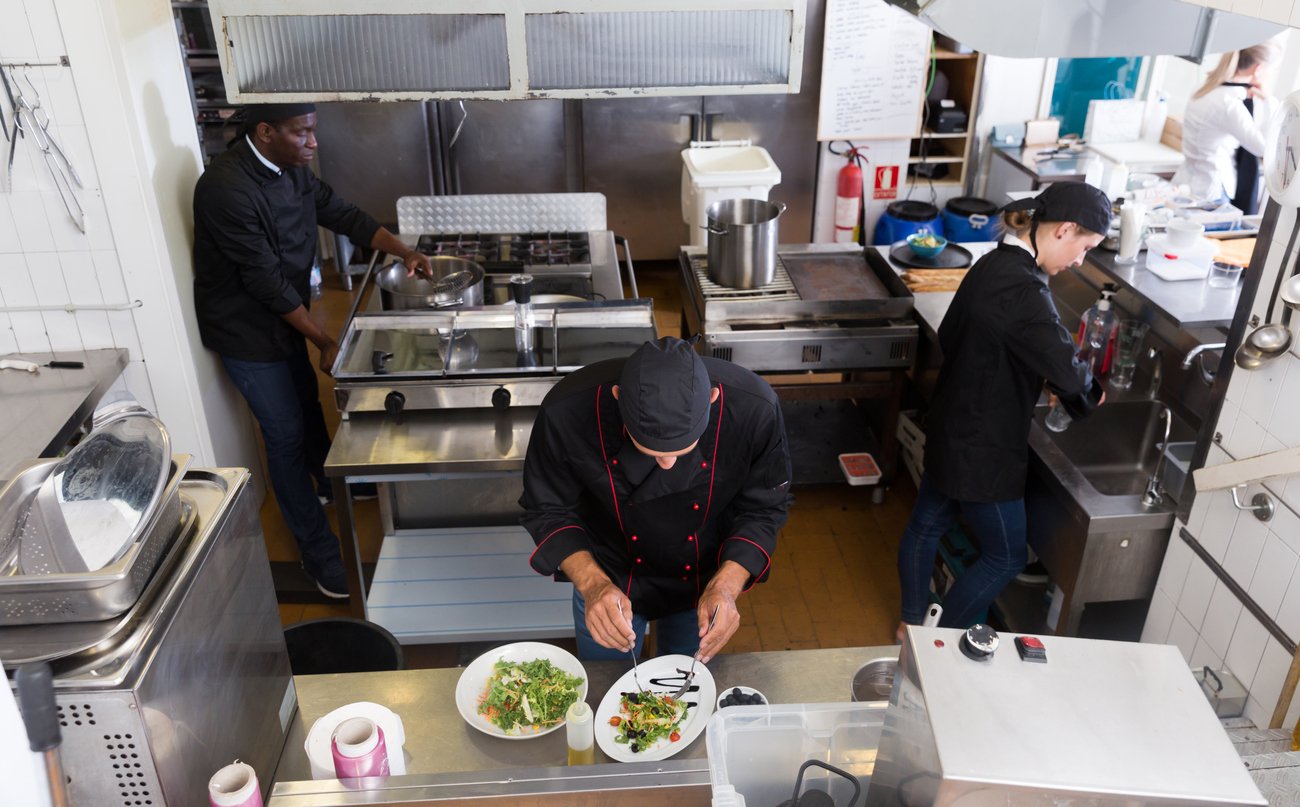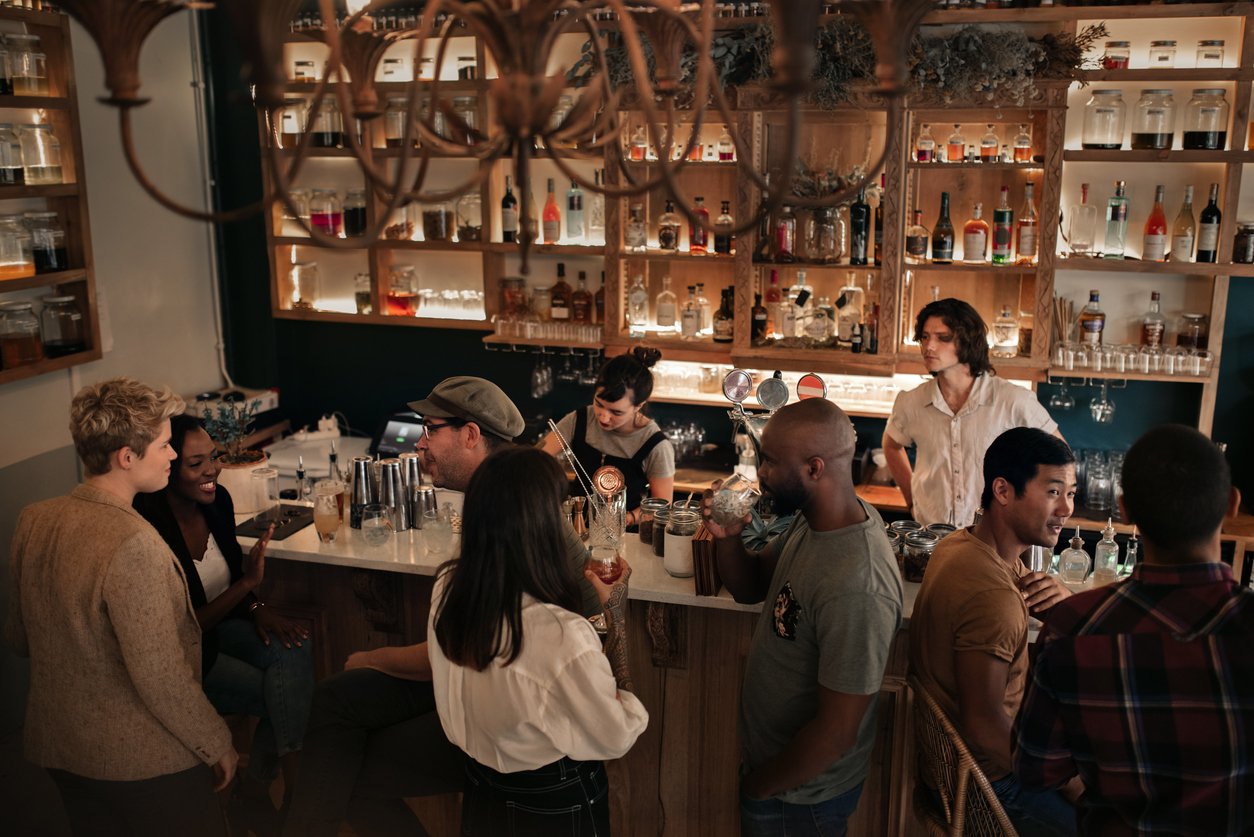Custom heavy-duty hinges often work behind the scenes, but they support some of the most demanding applications across modern industry.
Topics: Motion Control, Design, Hinges, Industrial, Lid Support
Hinges look simple… until you’re the one responsible for choosing one. If you’re early in your engineering career or new to sourcing mechanical components, it’s not always obvious how hinges actually work or what makes one design stronger than another.
Topics: Design, Counterbalance Hinge, Hinge, Hinges, Durability, Hidden Hinges, heavy duty hinge
Materials Used in Medical Equipment for Compliance & Safety
Cleanliness is not optional in healthcare environments. Every surface, fastener, and moving component is subject to scrutiny because patient safety depends on it. That reality puts material selection at the center of medical equipment design – not as a final check, but as an early decision that affects compliance, durability, and long-term performance.
Topics: Ergonomics, Design, Hinge, Medical Equipment, Safety
Heavy Duty Industrial Hinges: When a Standard Hinge Isn’t Enough
Engineers and designers often stop to consider what type of hinge a product really needs. In many cases, a standard hinge does the job – it’s affordable, reliable, and easy to source. But when equipment is heavier or used more often, those same hinges can wear out faster and compromise safety.
Topics: Ergonomics, Motion Control, Design, Appliance, Counterbalance Hinge, Hinge, Hinges, Industrial, Durability, Manufacturing
[Design Guide] Heavy-Duty Stainless Steel Marine Hinges
No matter where you live, work, or play, hinges are everywhere. You’ll find them on cabinets. On refrigerators. On cars and airplanes. They’re a quiet part of daily life that keeps things moving.
Boats are different. They rely on hinges that do far more than open and close. Marine hinge design calls for careful thinking about motion control, spring assistance, and the effects of salt, weather, and humidity.
Topics: Applications, Ergonomics, Motion Control, Design, Hinge, Hinges, Industrial, Finishing, Durability, Manufacturing
Hotel Bed Design for 2026: Smart, Stylish, and Built to Last
Hotel bed design is evolving with a stronger focus on experience and efficiency. Designers are rethinking how form and function work together in limited spaces while maintaining a sense of luxury. Every choice affects how guests perceive comfort and quality.
Topics: Design, Hospitality Furniture, Hotel
How Does an Appliance Door Hinge Shape Modern Kitchen Design?
When it comes to high-end kitchen appliance design, great performance is as important on the outside as it is on the inside.
Topics: Applications, Motion Control, Design, Appliance, Counterbalance Hinge, Food Industry, kitchen
Today’s buyers want more features built into their products. They also want designs that either don’t take up much space or use space in a smarter way. So how does a product designer balance both?
Topics: Applications, Design, Grill, Aesthetics, Food Industry, Cost, kitchen
Hospital Furniture Standards: What Healthcare Facilities Need to Know
When you walk into a hospital, it’s easy to notice the advanced medical equipment, high-tech monitors, and life-saving devices. Just as important, though often overlooked, are the chairs, tables, cabinets, and beds that fill each room.
Topics: Counterbalances, Ergonomics, Design, Hinges, Medical Equipment, Safety, Hospitality Furniture
How to Design a Bar Counter for Style, Safety, and Speed
Hospitality design is a nonstop balancing act between visual appeal and practical usability.
When designing for a bar counter, restaurant, and bar owners must envision a workspace that not only looks inviting to customers, but also allows staff to operate safely and efficiently. Consider that it’s a busy, high-touch environment, where every inch counts – smooth movement behind the bar is critical.
Topics: Design, Counterbalance, Hinges, hospitality
.png?width=12000&height=2033&name=WeberKnappLogo_white%20(1).png)

